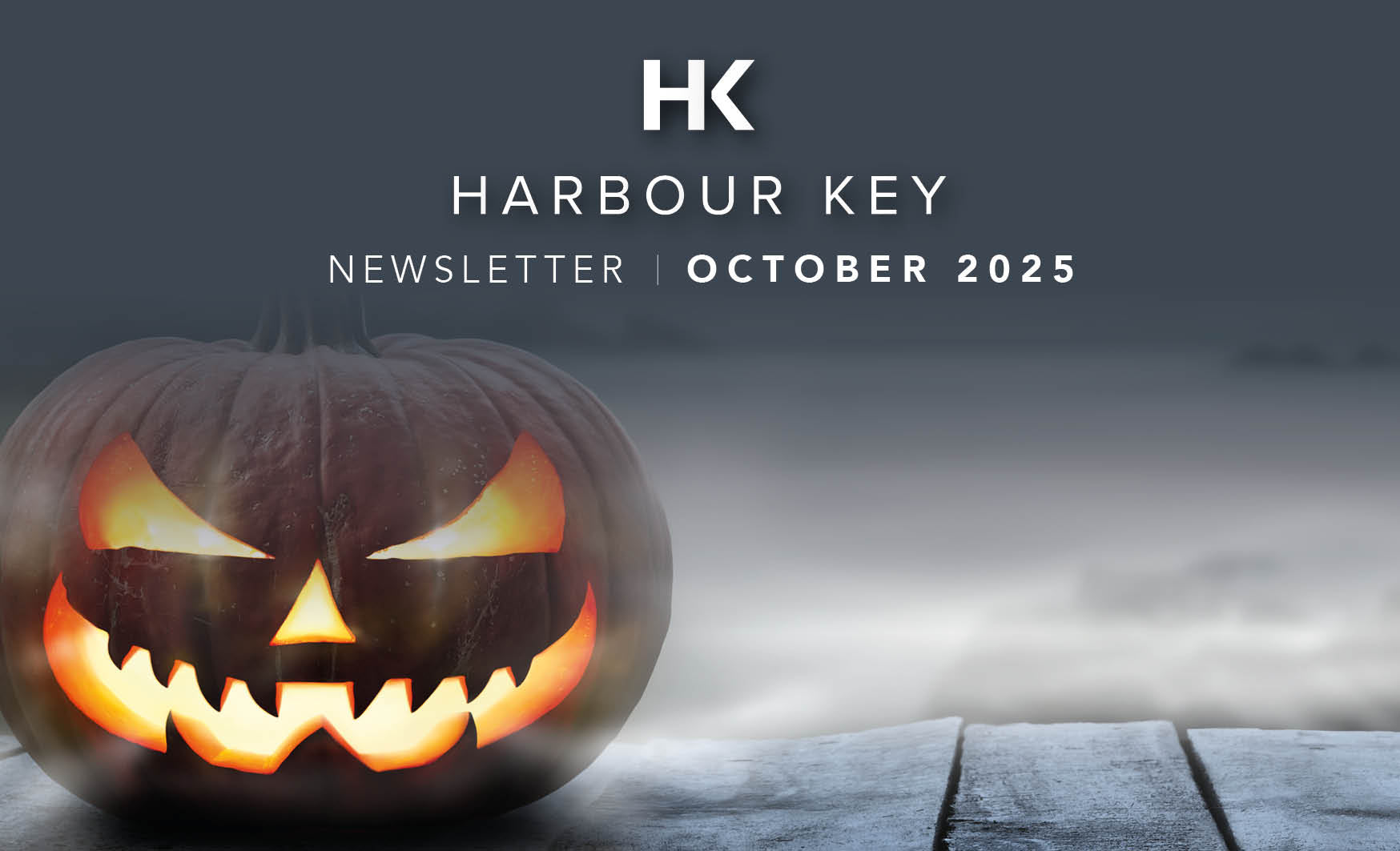PROTECTING YOUR BUSINESS VALUE
INTELLECTUAL PROPERTY (“IP”)
Brands and trademarks are at the heart of every business, and are amongst a company’s most valuable assets.
It is estimated that 6% of all investment in the UK is invested in brand creation. A brand or trademark is the principal means by which a business can distinguish its goods or services from those of its competitors, develop its own unique ‘brand image’ and build up brand loyalty amongst consumers. Yet recent research suggests that some 80% of small and medium sized businesses fail to register their trademarks, the majority saying the reason for this was that they felt it wasn’t important to their business, with others citing lack of time, lack of understanding of how to do go about it, or cost.
IP is something unique that you physically create – an idea alone is not IP. For example, an idea for a book is not IP, but the words you have written are. Other types of IP include graphics, lyrics, melody, invention or software.
Copyright, patents, registered designs and trademarks are all types of IP protection. Other than patent protections, many small to medium size businesses assume only large corporations with famous names, logos and brands to protect are the only ones who really possess a need to safeguard intangible assets. However, anything that is written, visually created, and unique to an individual or company is IP and means that millions of individuals and companies own more than they believe.
IP is valuable and the ramifications of not protecting these assets can be serious. We have set out four reasons why it is prudent to safeguard your intangible assets.
-
THEFT
Without protection it is easy for another person to take, your IP and claim it as theirs. Unless you have taken some steps to deter theft, it is open to be copied and used by others.
-
LOSS OF REPUTATION
If you have specific expertise and others use your work in fleeting or inappropriate ways your reputation as an “authority” is diminished. You become “attached” to the negative work of the imposter. Additionally, if your property has been used for illegal gain, you might find it difficult to prove that you were not involved.
-
LOSS OF INCOME
Allowing others to use your work, ideas or brand through complacency, negligence or plain ignorance will directly affect your earnings. If you have invented something that is unique or you have written something in your field of expertise and not protected it, then someone else could reap some or all of the profits. If they can better market your creation, they will undoubtedly become the leading source for the item and ultimately the biggest earner. In addition, your “brand” will be diluted. That is to say that instead of you being the only person to whom the consumer comes, there is at least one other way to get what they want – from someone who has stolen your property.
-
ASSET IS DEVALUED
Should you ever wish to sell your IP or your business, it will be worth more if it is unique and protected. If others have stolen it, the value is quickly eroded leaving you in a weak position trying to defend why it is worth more. Buyers will always look to knock down the price and you could be faced with the task of proving that you and not the thief own the property.
Trademarks & brands can also provide revenue stream opportunities and offer security for borrowing.
By knowing your rights and having the right type of protection, you can stop people stealing or copying your IP and protect your business value. For example, have your protected your company name, do you own the rights to your company logo or website design?
The type of protection available depends on what you have created.
- Copyright protects;
- literary works (including writing), art, photography, films, TV, music, web content, sound recordings;
- Trade marks protect product names, logos and jingles;
- Patents protect inventions and products, e.g. machines and machine parts, tools and medicines;
- Registered designs protect the appearance of a product including, shape, packaging, patterns, colours, decoration.
You may require more than one type of protection for a single product, e.g. you could: register the name and logo as a trade mark, protect a product’s unique shape as a registered design, patent a completely new working part and use copyright to protect drawings of the product.
More information regarding what can be protected and how can be found at the Intellectual Property Office website
IP is important and should be protected; it is a valuable part of your business.
Harbour Key Limited
+44 (0) 1242 244115
+44 (0) 1242 241747
10 February 2015




